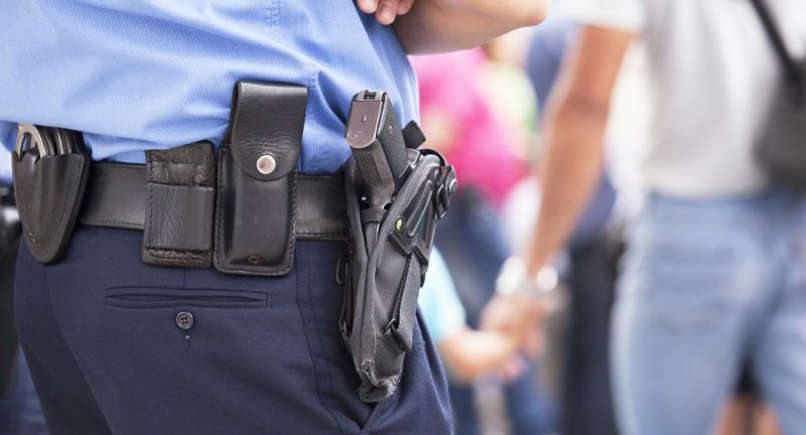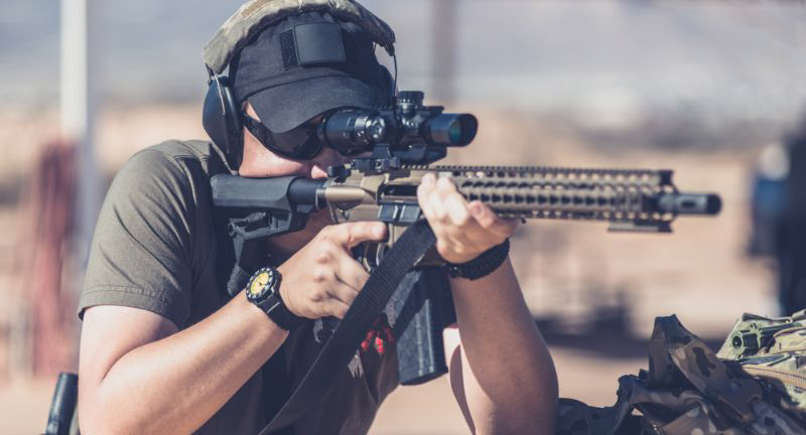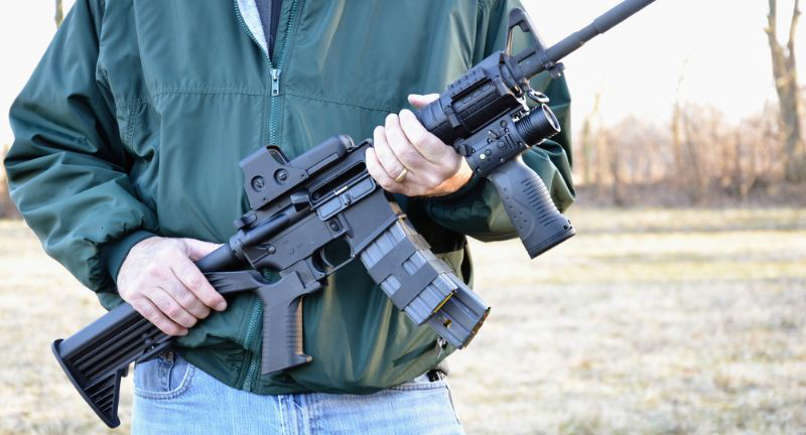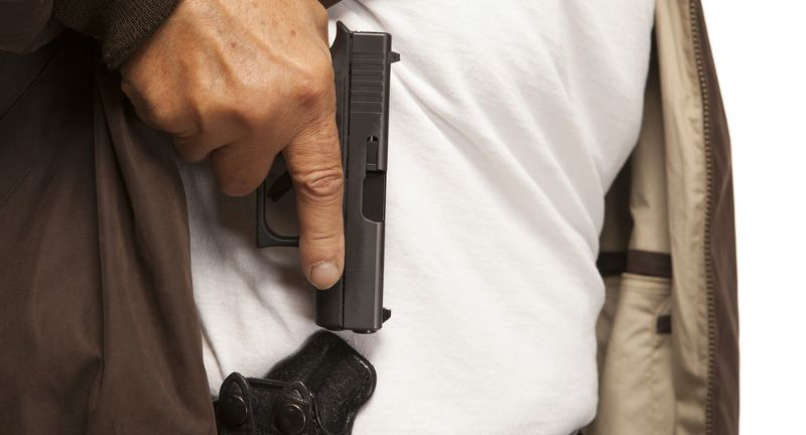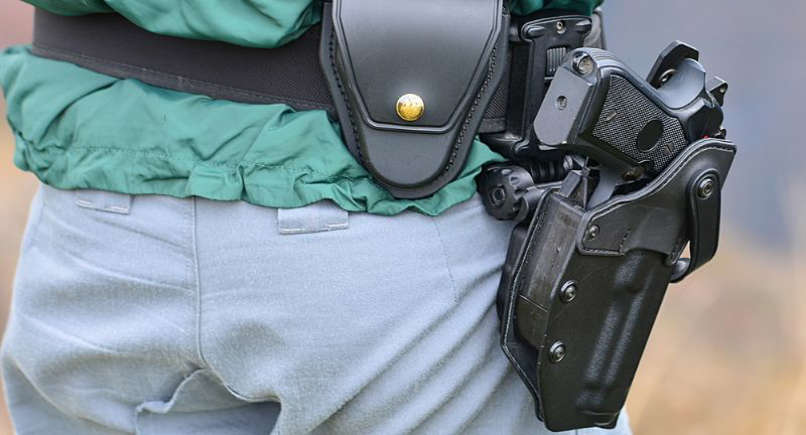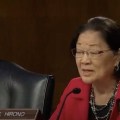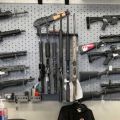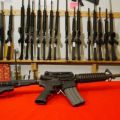Those of us who legally own and use firearms understand the importance of safety as well as maintaining standards of qualification.
This from msn.com.
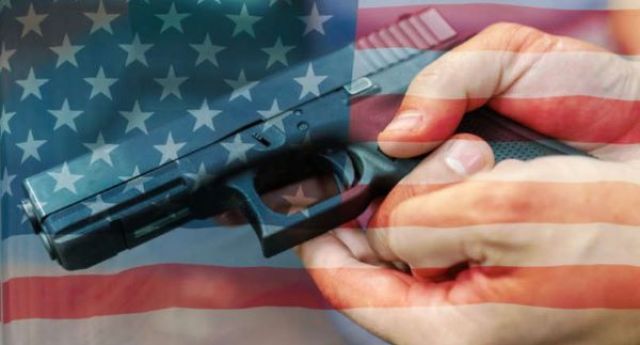
Generally speaking, legal gun owners are safety-conscious, law-abiding citizens. An accidental shooting is the anomaly rather than the expectation to be feared.
We understand the rationale for and the importance of the Second Amendment to the U.S. Constitution. And we know that although most Americans are aware of the Second Amendment there are a lot of misconceptions as well as simple misunderstandings throughout America and the world about our Second Amendment.
The questions and statements below are typical misconceptions and misunderstandings—some worse than others. But there are no flat-out examples of stupid people asking stupid questions. I tried not to include those. For the full list of twenty questions, however, click HERE.
Each question and accusation along with the accompanying responses are for educational purposes:
“The government will protect you; you don’t need a gun.”
Many gun owners question the reliability of this assumption, pointing to situations where government protection is not immediately available or sufficient. They argue for the importance of self-reliance and the individual right to self-defense as fundamental aspects of freedom. Additionally, gun owners cite instances where having a firearm has provided critical protection in emergencies. This perspective emphasizes the value of being prepared to take responsibility for one’s own safety in situations where external help may not arrive in time. [Plus, the notion of ‘government protecting us’ is wrong in so many ways.]

This statement overlooks the multifaceted nature of crime and the various socio-economic factors that contribute to it. Legal gun owners point out that crime rates are influenced by a range of issues, including poverty, education, and access to social services, rather than the mere presence of guns. They also highlight that many countries [and even certain states and cities in America] with stringent gun laws still experience high levels of violence and crime, suggesting that the problem is not solely related to gun ownership. Furthermore, they advocate for a focus on crime prevention and rehabilitation rather than imposing broad restrictions on all gun owners.
Gun owners challenge this idea by pointing to the historical context of the Second Amendment, which was intended to ensure a balance of power between the government and the populace. They argue that reliance solely on police and military for protection can be unrealistic, especially in situations where immediate defense is necessary. Moreover, this stance neglects the competence and responsibility of many civilian gun owners who train rigorously. Gun owners also highlight instances where having a firearm has enabled them to protect themselves and others in situations where law enforcement could not respond in time.
Gun owners counter this assertion by highlighting instances where firearms have deterred crime or saved lives, underscoring the value of guns for self-defense. They argue that the presence of a gun, when handled by a trained and responsible individual, can actually make a situation safer by equalizing force and offering protection. This statement also overlooks the complexity of violent encounters, where the ability to defend oneself can be crucial. Furthermore, gun owners stress the importance of context, noting that guns in the hands of law-abiding citizens should not be equated with guns used by criminals.
Gun owners take issue with this accusation, emphasizing the distinction between lawful, responsible ownership and the actions of criminals who misuse firearms. They argue that legal owners are often the most vocal advocates for safe and responsible gun usage. Many support measures that prevent firearms from falling into the wrong hands while preserving the rights of law-abiding citizens. Moreover, they stress that focusing on the behavior of criminals, rather than penalizing responsible owners, is key to addressing gun violence.
Gun owners critique this idea by suggesting that gun-free zones might actually invite potential attackers who perceive these areas as less capable of resistance. They argue that responsible gun owners, if allowed to carry in these zones, could potentially stop or deter violent incidents. This viewpoint is based on the belief that preemptive defense measures, including the presence of armed civilians, can contribute to overall safety. Gun owners also point to incidents where gun-free zones have been targeted by attackers to challenge the effectiveness of such policies as a security measure.
Gun owners challenge this assertion by pointing to the importance of responsible gun ownership, including safe storage and handling practices that significantly reduce such risks. They also reference studies and anecdotes of successful defensive gun uses, which often go underreported. The emphasis on education, training, and situational awareness is presented as key to ensuring that firearms serve their intended purpose of protection. Furthermore, gun owners stress that the decision to own a firearm comes with a commitment to understanding and mitigating the associated risks.
This question assumes a lack of safety measures and training among gun owners, which isn’t the case for the majority who take firearm safety seriously. Responsible owners often undergo extensive training and implement safety protocols, such as secure storage and handling practices. They point out that, like any tool, guns can be used safely with the proper precautions. Furthermore, they argue that education and awareness are key to preventing accidents, not the absence of firearms.
“More guns mean more crime.”
Gun owners challenge this assertion by pointing to data and case studies that show no direct correlation between lawful gun ownership and crime rates. They argue that focusing on the criminal misuse of guns rather than on the presence of guns themselves is crucial in understanding crime dynamics. Many also highlight areas with high rates of gun ownership and low crime rates as evidence that responsible gun ownership can coexist with public safety. They advocate for addressing the root causes of crime, such as poverty and lack of education, rather than imposing broad restrictions on gun ownership.
Gun owners dispute this claim by emphasizing responsible storage, handling, and the use of firearms as key factors in reducing risk. They argue that ownership itself does not increase risk, but rather, how the firearm is managed and secured. Many stress the importance of education and training in mitigating risks associated with gun ownership. Furthermore, they highlight instances where having a firearm has provided crucial self-defense capabilities, challenging the notion that ownership inherently increases danger.
“The Second Amendment is outdated and was never intended for modern firearms.”
Gun owners contend that the fundamental right to self-defense and resistance against tyranny is as relevant today as it was when the Second Amendment was written. They argue that the principle of armed citizenship transcends the specifics of firearm technology. Moreover, they stress that the amendment provides a critical check on government power, ensuring that citizens retain the means to defend their freedoms. Gun owners advocate for a living interpretation of the Constitution that adapts to changing times while preserving core liberties.
Legal gun owners often hear calls for stricter gun control as a knee-jerk reaction to mass shootings, a perspective that can oversimplify a deeply complex issue. They argue that the focus should be on enforcing existing laws more effectively and addressing mental health and societal issues that contribute to such tragedies. Many feel that punishing law-abiding citizens through restrictive laws does not directly address the root causes of mass shootings. Moreover, they emphasize the importance of responsible gun ownership and the role it can play in enhancing public safety.
While concerns about suicide and gun ownership are valid, gun owners argue that the focus should be on mental health support and intervention strategies. They believe that addressing the underlying causes of mental health issues and providing timely access to mental health care are more effective ways to prevent suicides. Many also stress the importance of safe storage practices and education on the responsible handling of firearms to mitigate risks. Additionally, they argue that reducing stigma around mental health and encouraging open discussions can lead to better outcomes than restrictive gun policies.

